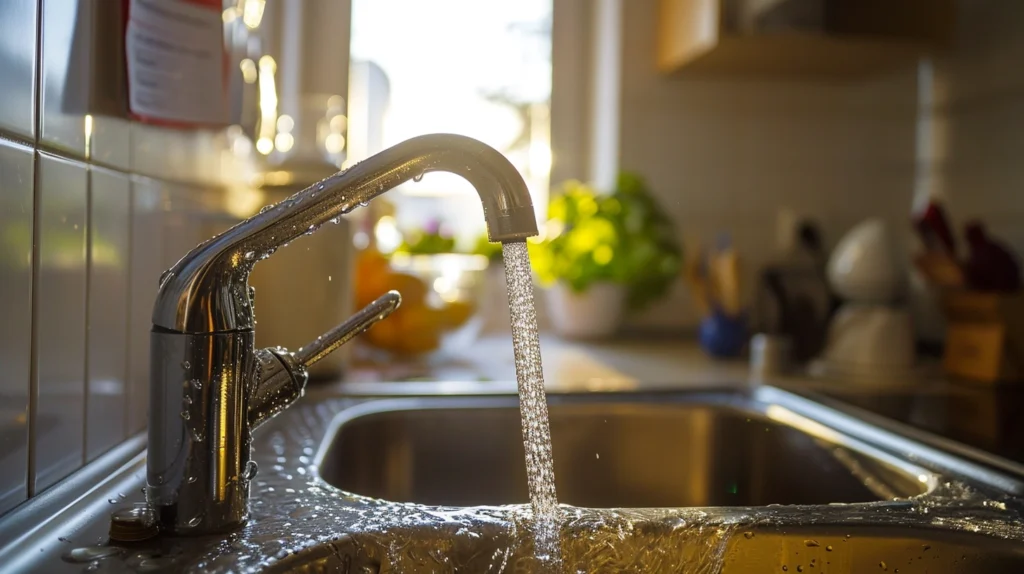
By Darius Spearman (africanelements)
“Support African Elements at patreon.com/africanelements and hear recent news in a single playlist, plus get early access to ad-free video content.”
Jackson, Mississippi – Mississippi’s capital, Jackson, is currently facing a severe water crisis due to the detection of E. coli bacteria in its water supply. Following this alarming discovery, state health officials have urged residents of Jackson and the neighboring suburb of Flowood to boil their water, a measure set to last at least two days. This directive marks a significant setback in the city’s efforts to rebuild public trust in its water system, especially after a substantial failure in August 2022 (NewsOne).
E. Coli Emergence in Water Supply
The presence of Escherichia coli (E. coli) bacteria in Jackson’s water system signals potential contamination with human or animal waste. Pathogenic strains of E. coli can lead to serious health issues, including gastrointestinal infections. In response to this threat, Ted Henifin, Jackson’s interim water manager, has advised citizens to boil their water for at least one minute before usage (MPB Online).
Controversy Over Testing and Trust
This recent development is not without controversy. Henifin has raised concerns about the accuracy of the state department’s lab tests that prompted the boil water notice. He is skeptical about the simultaneous contamination in Jackson and Flowood, especially since these water systems are not interconnected. Henifin lamented, “This is tragic. It’s taken everything we can do to get a few more people in this city to drink tap water and have trust in it” (NewsOne).
Historical Context of Jackson’s Water Crisis

The history of Jackson’s water system is marked by repeated issues. The notable failure in August 2022 left thousands without adequate water, leading to Henifin’s appointment to oversee reforms and restore public trust in the water system. His tenure has focused on various improvement initiatives, such as fixing broken pipes and revising the city’s water billing structure (MPB Online).
Economic and Social Impact
The water crisis has significantly impacted the economic and social fabric of Jackson. Residents have faced dramatically increased water bills, with some reporting jumps from $16 to $342. Dr. Marcus Williams, an environmental scientist, highlighted the broader implications: “This crisis isn’t just about infrastructure; it’s about environmental justice. The predominantly Black population of Jackson is disproportionately affected, highlighting deeper systemic issues” (NewsOne).
Future Challenges and Preparations
As Jackson prepares for an upcoming arctic blast, the boil water notice adds to the city’s challenges. Henifin and his team are gearing up for the extreme weather, but the situation undermines the progress made in the past year. The city’s struggle with its water system underlines the urgent need for sustained attention from state and federal authorities on infrastructure and environmental justice issues (MPB Online).
About the author: Darius Spearman is a professor of Black Studies at San Diego City College, where he has been pursuing his love of teaching since 2007. He is the author of several books, including Between The Color Lines: A History of African Americans on the California Frontier Through 1890. You can visit Darius online at africanelements.org
